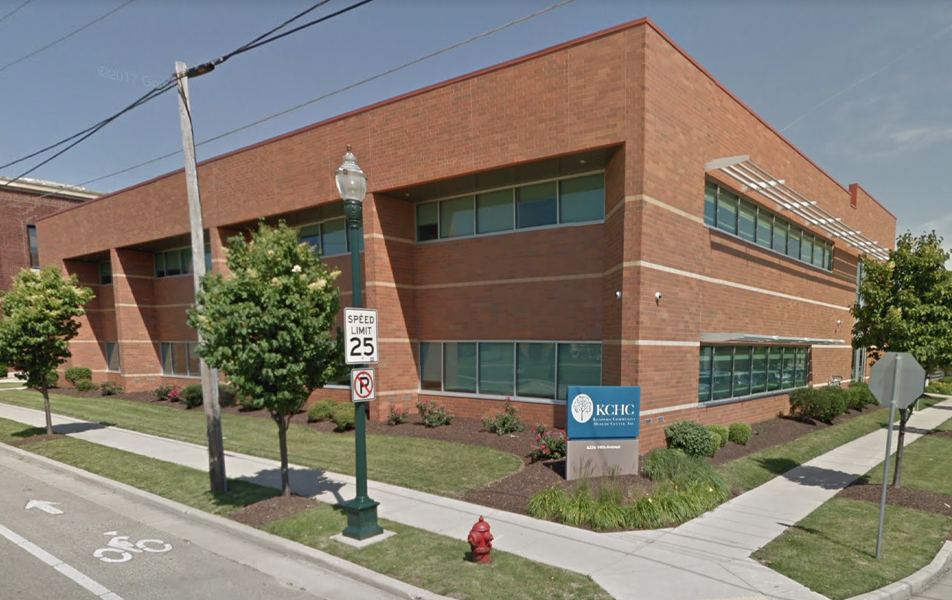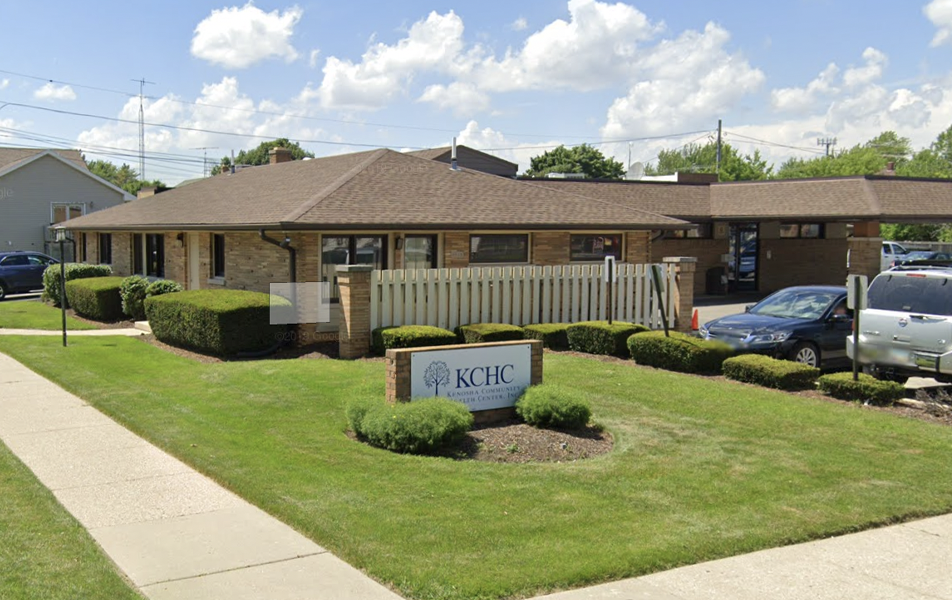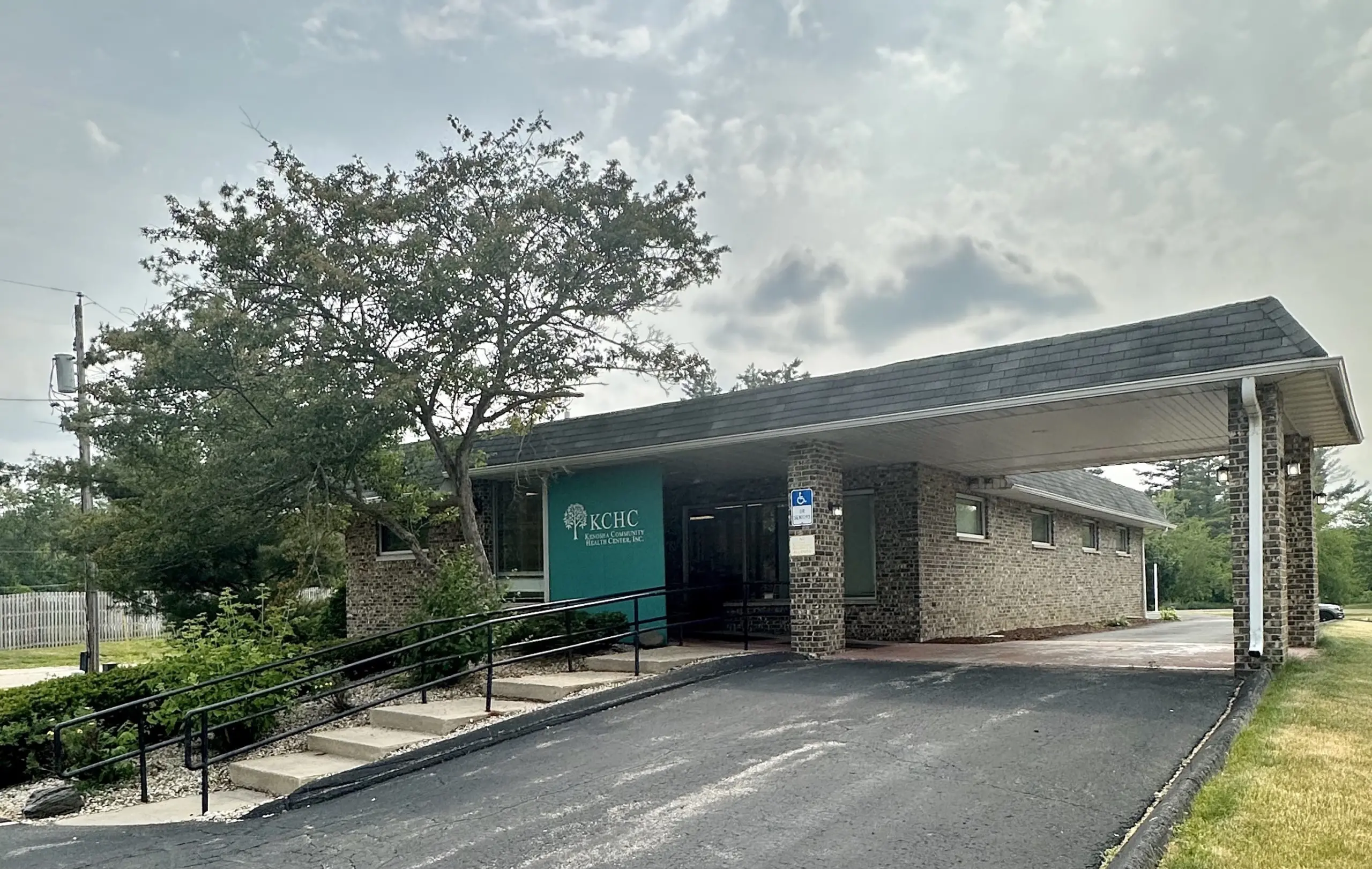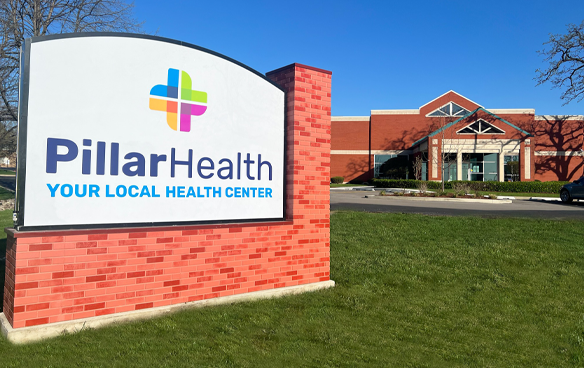
Guía 2024 para dejar de fumar
En 2024, las tasas de tabaquismo en Estados Unidos habrán descendido a mínimos históricos: sólo el 11% de los adultos declararán haber consumido cigarrillos recientemente, lo que supone un descenso significativo respecto al 41% de 1944 (New York Post). Este descenso es especialmente notable entre los menores de 30 años, donde las tasas de tabaquismo se han desplomado del 35% a principios de la década de 2000 a sólo el 6% en la actualidad. Sin embargo, mientras que el consumo de cigarrillos ha disminuido, el uso de cigarrillos electrónicos ha aumentado, especialmente entre los adultos más jóvenes, ya que aproximadamente el 18% de los adultos menores de 30 años utilizan actualmente cigarrillos electrónico (New York Post).
Dejar de fumar sigue siendo uno de los mejores pasos hacia una vida más sana, y comprender su impacto es el primer paso. En Pillar Health y Kenosha Community Health Center, nos comprometemos a ayudar a los habitantes del sureste de Wisconsin a dejar de fumar para siempre, ofreciéndoles recursos y apoyo en cada paso del camino. Vamos a sumergirnos en los últimos datos y beneficios.
El impacto de fumar
- Mayores riesgos para la salud::
- Los fumadores se enfrentan a un riesgo de 2 a 4 veces mayor de desarrollar enfermedades del corazón, derrames cerebrales y cáncer de pulmón en comparación con los no fumadores.
- Daños en el corazón y los vasos sanguíneos: Fumar aumenta la probabilidad de sufrir infartos, enfermedades cardiacas y coágulos que pueden provocar derrames cerebrales.
- Enfermedades pulmonares: Fumar es una de las principales causas de la Enfermedad Pulmonar Obstructiva Crónica (EPOC), que incluye enfisema y bronquitis crónica, y es una causa importante de cáncer de pulmón.
- Riesgos de cáncer: Fumar puede causar cáncer en casi cualquier parte del cuerpo, incluyendo la vejiga, la sangre y el estómago.
- Salud reproductiva: Fumar puede provocar problemas de fertilidad y aumentar el riesgo de parto prematuro y bajo peso al nacer.
- Humo de segunda mano: Los miembros de la familia y las personas que rodean a los fumadores también corren el riesgo de exponerse al humo nocivo de segunda mano.
Por qué dejar de fumar tiene sentido ahora
Los beneficios de dejar de fumar empiezan casi de inmediato y siguen aumentando con el tiempo. He aquí una cronología de los beneficios para la salud después de dejar de fumar, basada en datos de la Sociedad Americana del Cáncer:
- 20 minutos después de dejar de fumar: La frecuencia cardiaca y la tensión arterial empiezan a descender a niveles más saludables.
- Unos días después de dejar de fumar: Los niveles de monóxido de carbono en sangre vuelven a la normalidad.
- De 2 semanas a 3 meses: La circulación mejora y la función pulmonar empieza a aumentar.
- De 1 a 12 meses: La tos y la dificultad para respirar disminuyen. Los cilios (pequeños pelos) de los pulmones vuelven a funcionar, lo que mejora la capacidad de limpieza de los pulmones y reduce el riesgo de infecciones.
- De 1 a 2 años: El riesgo de infarto disminuye drásticamente.
- De 5 a 10 años: El riesgo de padecer cáncer de boca, garganta y laringe se reduce a la mitad y disminuye el riesgo de ictus.
- 10 años: El riesgo de cáncer de pulmón es aproximadamente la mitad que el de alguien que sigue fumando. También disminuye el riesgo de cáncer de vejiga, esófago y riñón.
- 15 años: Su riesgo de enfermedad coronaria es ahora similar al de un no fumador (American Cancer Society-2024).
Consejos para ayudarle a dejar de fumar
- Conozca sus desencadenantes: Identifique cuándo y por qué fuma, e intente modificar esas rutinas.
- Buscar apoyo: Apóyese en su familia, sus amigos, su médico o en un programa para dejar de fumar.“La gran campaña americana para dejar de fumar: Día sin Tabaco” (Great American Smokeout) ofrece motivación y apoyo adicionales cada año.
- Utilice sustitutos de la nicotina: Los parches, chicles y otros sustitutos de la nicotina pueden ayudar aliviar los antojos.
- Considerar los medicamentos: Algunos medicamentos recetados por su médico pueden ayudarle a dejar de fumar.
- Obtenga ayuda profesional: Llame a la Sociedad Americana del Cáncer al 1-800-227-2345 para obtener asesoramiento gratuito y ayuda por chat en vivo.
Beneficios que se suman
Dejar de fumar conlleva rápidas mejoras para la salud. Probablemente notará una respiración más fácil, más energía y, lo que es más importante, un menor riesgo de padecer problemas de salud graves. Además, protegerá a sus seres queridos de los peligros del humo de segunda mano.
Dé el primer paso con nosotros
En Pillar Health y Kenosha Community Health Center, nos dedicamos a apoyarle en su viaje para dejar de fumar. Llame al centro más cercano para obtener ayuda:
- Clínica Pillar Health de Kenosha: (262) 771-1700
- Clínica Kenosha de la Avenida 14: (262) 771-1688
- Clínica Kenosha de la Avenida 22: (262) 771-0070
- Clínica Silver Lake de la calle 2: (262) 771-1963
Dejar de fumar es difícil, pero con la ayuda y los recursos adecuados, puedes hacerlo. Tome las riendas del mañana y comencemos juntos el viaje hacia una vida sin tabaco.

"Dejar de fumar no es fácil. Requiere tiempo. Y un plan. No tienes que dejar de fumar en un día. Empieza por el primer día. Deje que el Great American Smokeout, el tercer jueves de noviembre, sea su día para iniciar su viaje hacia una vida sin tabaco. Se unirá a miles de personas que fuman en todo el país para dar un paso importante hacia una vida más sana y reducir el riesgo de cáncer."
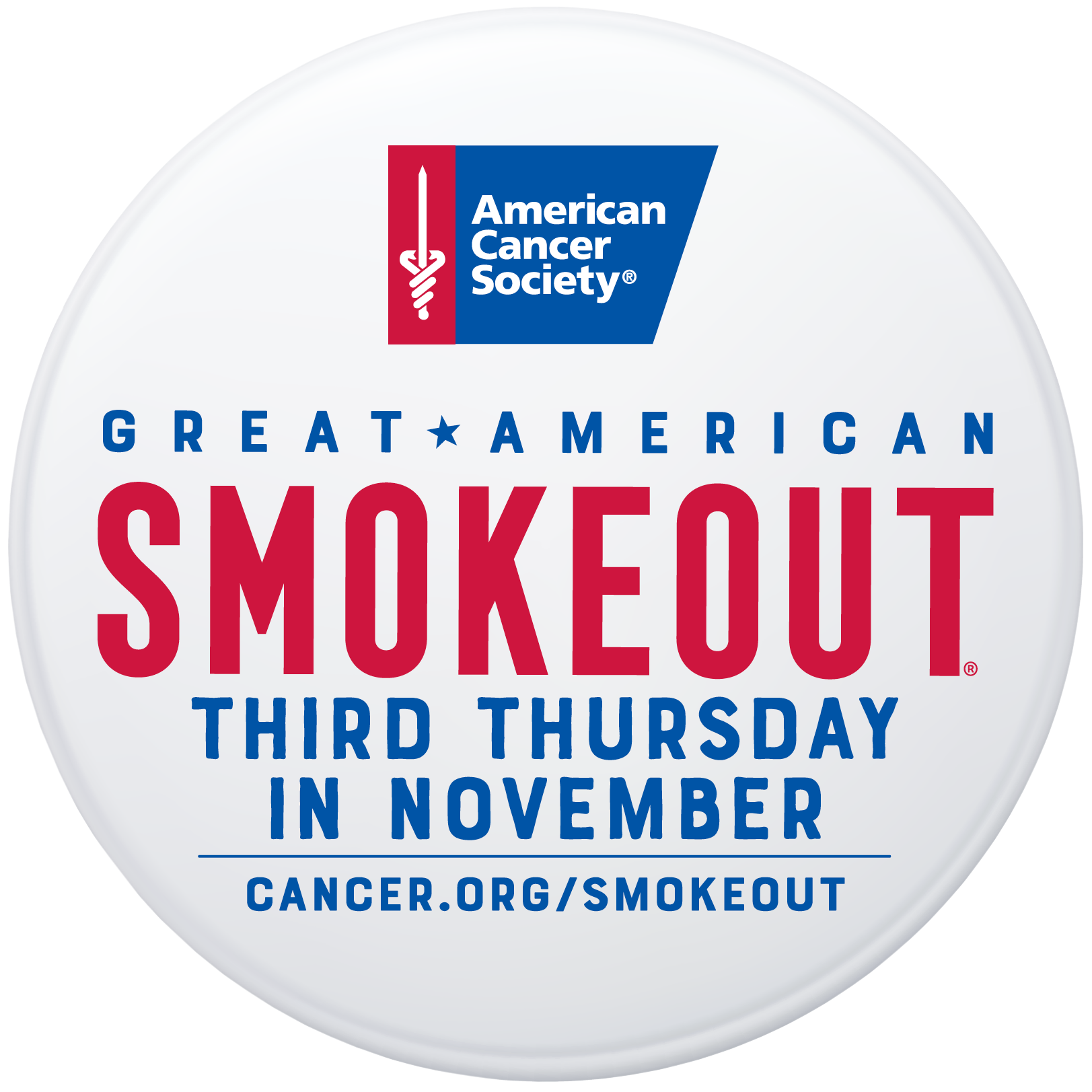
El Gran Smokeout Americano
Todos los años en noviembre hay un día especial llamado Great American Smokeout. Es el momento en que muchas personas que fuman deciden empezar a vivir sin cigarrillos y romper su adicción a la nicotina. No pasa nada si dejar de fumar te parece difícil: ¡no estás solo!
Dejar de fumar puede añadir años a tu vida y mejorar significativamente tu salud. El Great American Smokeout® del 19 de noviembre de 2024 es una oportunidad ideal para dar ese primer paso. Con el plan y el apoyo adecuados, puede dar este paso que le cambiará la vida hacia un futuro sin tabaco.
No espere para programar su cita.
Kenosha Community Health Center tiene muchas opciones de citas en Kenosha y Silver Lake para satisfacer sus necesidades.
Haga una Cita

